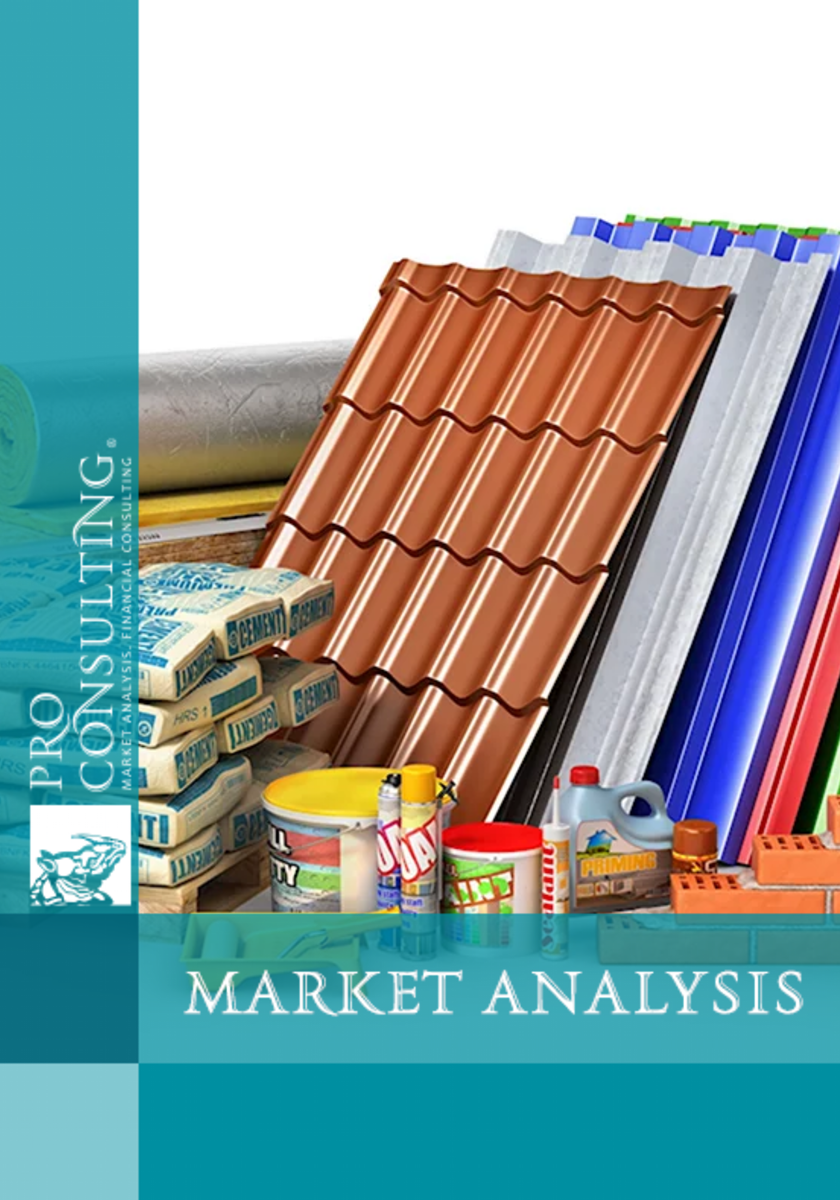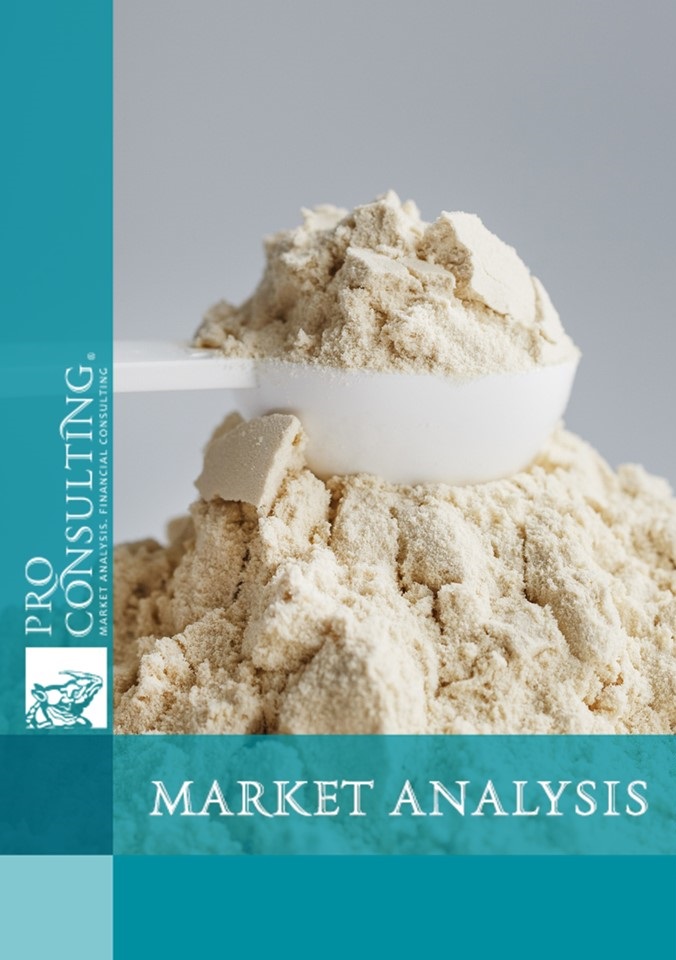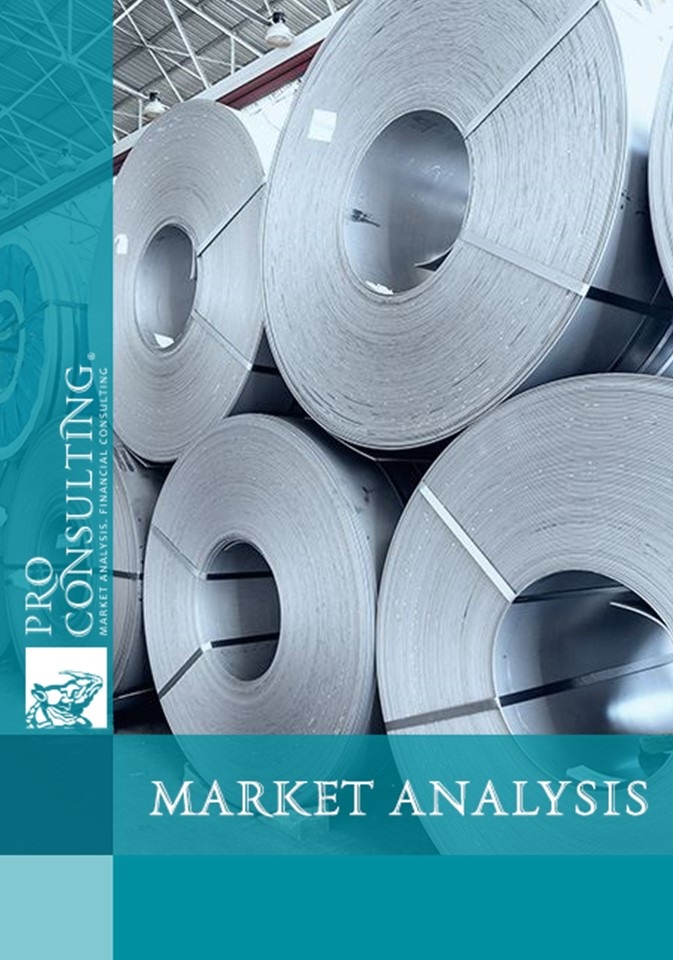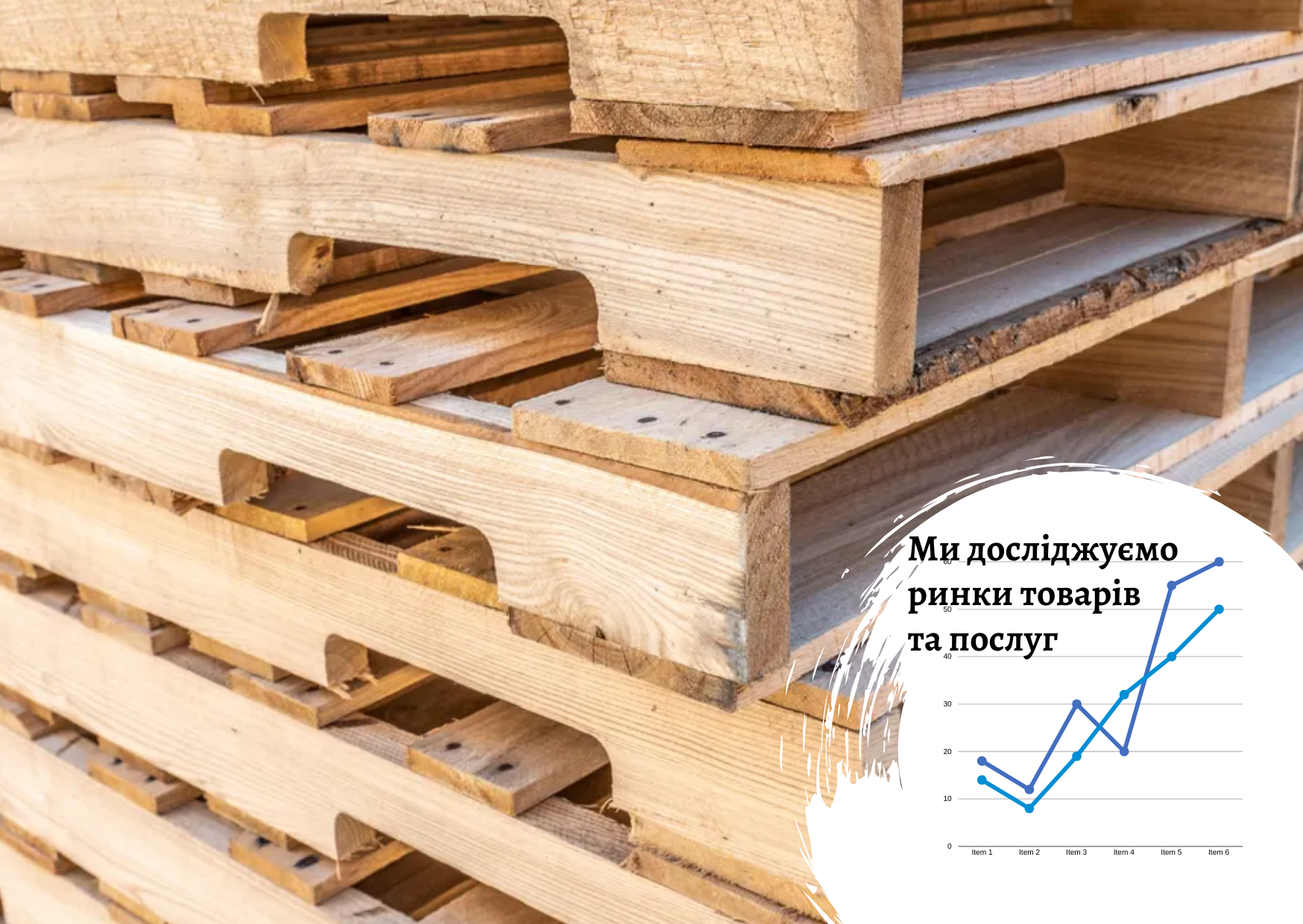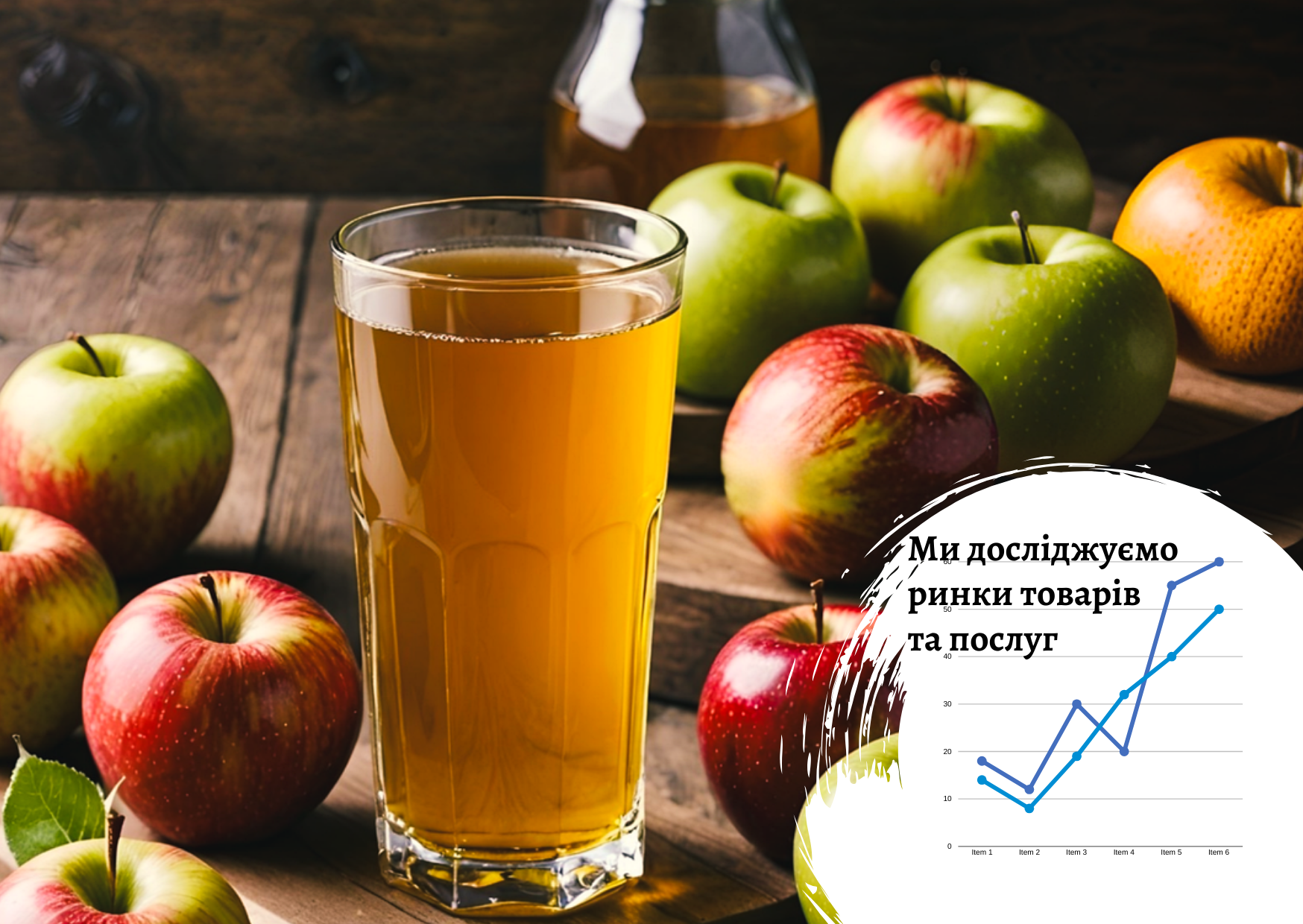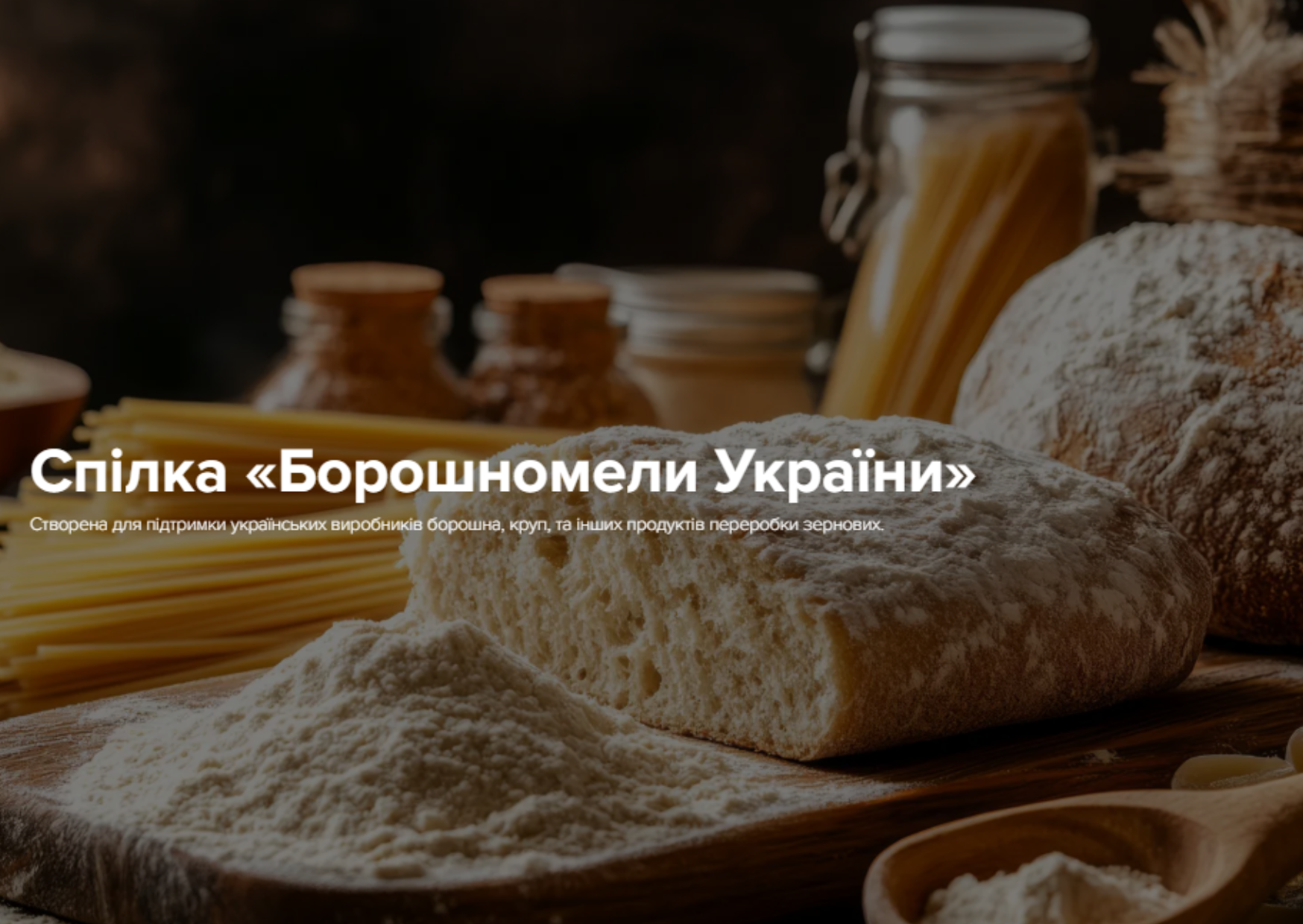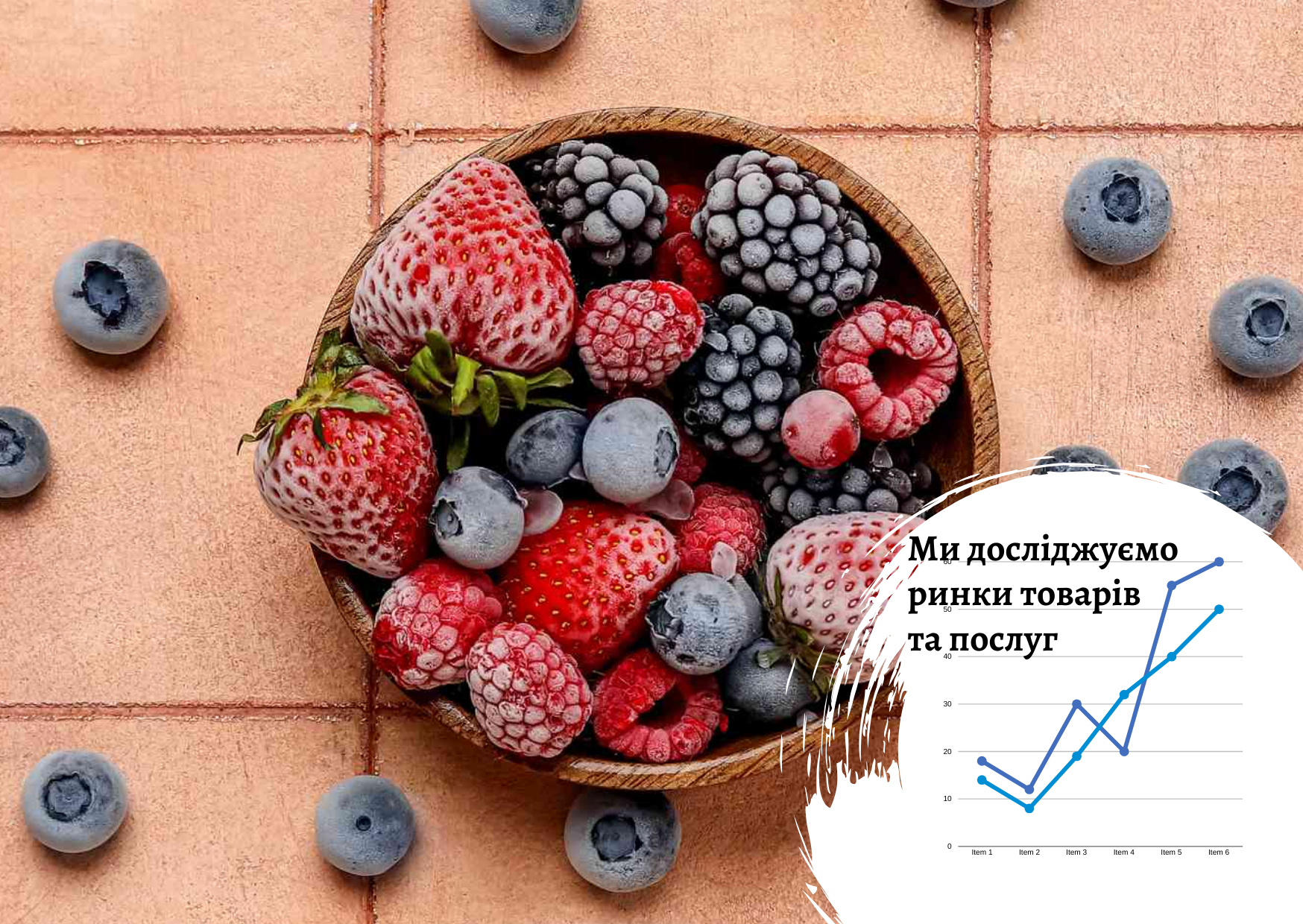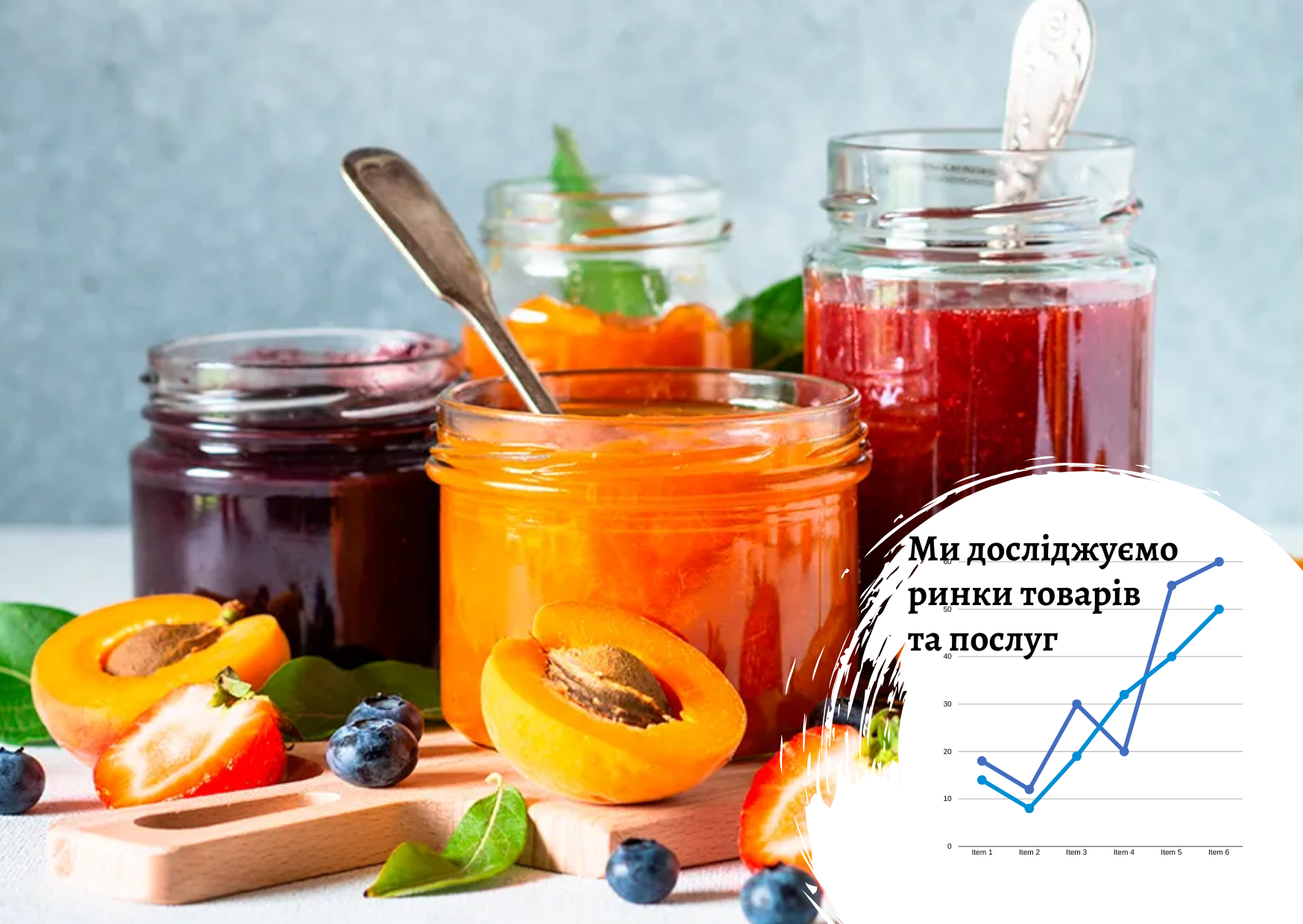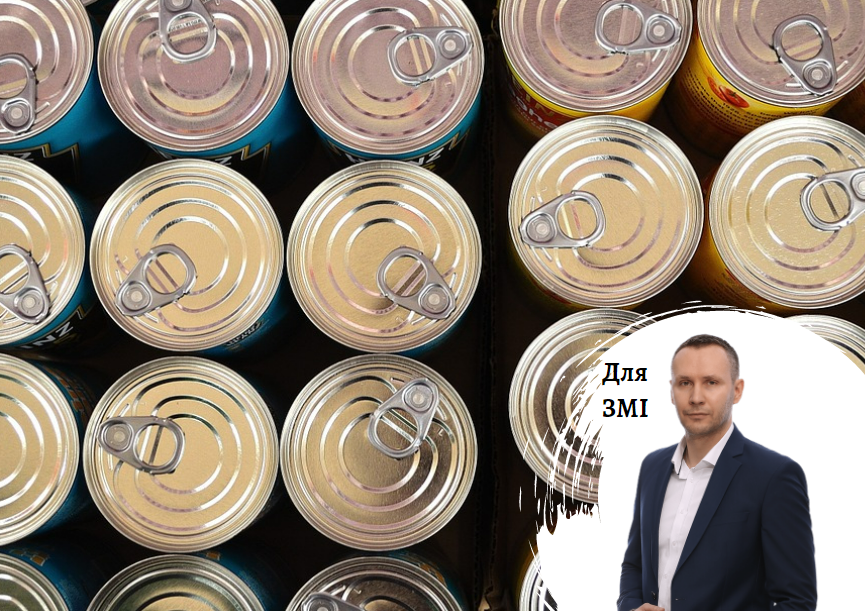
Pro-Consulting CEO Oleksandr Sokolov on cost of war on Ukraine’s metal packaging industry. METALPACKAGER
The vice-president of Ukraine’s Club Packagers and the head of the Kyiv-based think tank Pro-Consulting, in rare interviews since the beginning of Russia’s war, speak to an industry insider about the impact on the metal packaging industry in Ukraine.
The Russian invasion has wreaked havoc on the sector in Ukraine, hampering domestic demand and disrupting operations. The end of the war is nowhere in sight, and forecasts are difficult in the current circumstances.
Ukraine’s packaging sector: battered but not broken
The impact of the war on the packaging business in Ukraine is enormous, as some facilities have been damaged or completely destroyed during fighting, said Valeriy Kryvoshey, the vice-president of the country’s packaging association Club Packagers [Клуб пакувальників України] and editor-in-chief of the Package [Upakovka] magazine. The war has taken a heavy toll, not just on can plants, but on the entire packaging industry.
"Vetropak, Ukraine’s leading producer of glass packaging, Plast-Box, the polymer packaging manufacturer, and the cardboard and paper plant based in Rubizhnye were all destroyed," Kryvoshey said.
Heavy fights took place near the capital of Kyiv and Chernihiv in northern Ukraine during the first period of the invasion. Russian troops eventually were forced to retreat from the northern regions of Ukraine, where dozens of industrial facilities now lie in ruins.
"CanPack, based in Vyshhorod, Kyiv region, has also suspended operations," he went on to say, noting that the list of companies going out of business is rather long. "Some manufacturers haven’t resumed operations due to labour shortages, as many workers have joined the fight, or due to lack of raw materials, spare parts, or energy supplies."
On the other hand, some businesses in Ukraine are operating against all odds in order to keep the production of essential goods afloat. "We know that many packaging companies are working and shipping their products to manufacturers of food products, medicines and other goods," Kryvoshey explained.
Ukrainian metal packaging companies are experiencing problems with sourcing raw materials, commented Alexander Sokolov, the head of the Kyiv-based think tank Pro-Consulting. Disruptions in logistics and shrinking domestic sales are other challenges they’re facing, he remarked, adding that rising demand for cans from the Ukrainian military has to some extent offset the slump in sales.
Logistical challenges the key issue for metal packagers
During the first few months of the Russian invasion, Ukraine's economy was nearly paralysed. The Russian attacks on Kyiv seemed to question the future of Ukrainian statehood. As Russian troops were forced to withdraw from Kyiv region, some businesses were able to gradually resume operations.
"Undoubtedly, some manufacturers of packaging products have recovered. They began to work, but not at full capacity – either at 40% or 50%," Kryvoshey said, attributing this to staff and raw materials shortages, and logistics issues.
“Logistics remains the key problem metal packagers have to deal with,” Sokolov said.
"There have been significant price increases of petrol and diesel fuel, and we’ve been seeing fuel shortages and difficulties with refuelling for a long time. Part of the roads, railways and bridges have been destroyed, and railway tracks were under fire, which increased the risks for suppliers," he added.
On the other hand, hostilities in the north of Ukraine have resulted in the loss of some 20% of warehouse capacity. In light of this, food producers and retail chains have limited storage space, which has hindered the packaging supply, according to Sokolov.
The high cost of rebuilding the metal packaging industry
Rebuilding the metal packaging industry in the post-war country will no doubt require tremendous resources.
"Today, we need to think about how to rebuild the packaging industry after the war. First, we’ll need to do a complete analysis of the state of packaging companies and determine which are destroyed and can’t be rebuilt, and which can be fixed. It’ll be necessary to analyse each enterprise and draw up programmes for their reconstruction," Kryvoshey said, assuming that some general reconstruction programme for the Ukraine metal packaging industry would be needed, which will require substantial funding.
Ukraine metal packaging companies are currently operating with minimum profit margin, covering only basic costs, Sokolov said.
"They didn’t work for a long time, while large manufacturers of canned meat – the Zdorovo factory in Chernihiv, APK-Invest in Donetsk region, and many others – are still under occupation. Metal cans, being cheaper than glass, have lost fewer potential customers, but it’s still difficult to talk about returning to the pre-war volumes," Sokolov said, expressing his confidence that metal packaging has a bright future in Ukraine.
He believes that "metal packaging may become one of the fastest-growing industries” of Ukraine’s post-war economy.
The pre-war state of affairs
As the war keeps raging, only vague information about the state of play in the Ukrainian metal packaging industry is available.
Before the war, 20 metal packaging companies operated in Ukraine, according to Kryvoshey’s estimates. They made up 3% of all packaging produced in the country.
The largest producers were Etalon Pak based in Kamiansk, Dnipropetrovsk region, Ardagh Metal Packaging in Bila Tserkva, Kyiv region, and CanPack.
"CanPack had a capacity of 1 billion aluminium cans per year. It supplied 500 million cans to the Ukrainian market, of which 64% were used for beer packaging, 23% for energy and low-alcohol drinks, and 13% for soft drinks," Kryvoshey said.
In early March, Vyshgorod, near Kyiv, was temporarily seized by Russian troops. There’s no information about the current situation at the CanPack factory, and whether it had suffered any damages. CanPack’s office in Ukraine was unavailable for comment.
In 2008, Can Pack opened its Vyshgorod factory in a project worth €35 million. At that time, the company said it planned to export a significant share of cans to neighbouring markets, including the Balkans and CIS countries. The company was looking to ramp up the Vyshgorod factory's production to two billion cans per year.
Kyiv-based Studio Pak company also produces aluminium foil trays and Kharkiv-based Tubny Zavod company makes aluminium tubes.
"It’s difficult to talk about the state of these enterprises now. A detailed analysis is required," Kryvoshey said.
Ukraine fully relies on tinplate imports. High-quality tin is imported from the EU, including Arcelor Mittal, U.S. Steel, and ThyssenKrupp, as well as Turkey, including Erdemir, and Tosyali Toyo, he said. Since the beginning of the Russian invasion, Ukrainian businesses also suffered from a logistics crunch, as Russian forces blocked all seaports in the country.
In 2020, Ukraine imported 67,000 tonnes of tin-plate, accounting for 0.37% of the world's consumption. Kryvoshey said that there are no economic prerequisites that the Ukraine metallurgical companies would begin manufacturing tinplate.
Stockpiling likely to lead to high demand for metal containers
Packaging companies are operating in a different market than before the war broke out. Kryvoshey explained that 46 million people lived in Ukraine before the war, while as many as 8 million had to flee the country, seeking shelter in neighbouring countries.
"In light of these figures, it’s possible to roughly calculate the decline in demand. Food products are a priority industry in Ukraine, including canned goods, like meat, fish, vegetables and fruit. From the point of view of demand, it mostly depends on prices, which have increased significantly for some types of products. They’re affected by the cost of energy, fuel, and logistics issues," he said, adding that the decline in demand has been partly offset by the rising consumption of canned food by Ukrainian military forces.
"The demand for products, including canned goods, for the Ukrainian army has significantly increased. But even before a full-scale Russian invasion, the Ukrainian army practically abandoned the use of tin packaging in dry rations, switching to retort bags made of flexible polymer materials. But stewed meat and condensed milk continue to be packed in cans," he said.
Sokolov said he expected the demand for canned food from the Ukraine citizens to increase given the need to replenish stocks in the event of further escalation of hostilities.
"People in the northern regions of Kyiv, Chernihiv, and Sumy, the eastern regions of Kharkiv, Donetsk and Lugansk and the southern regions of Zaporizhia, Kherson and Mykolaiv know what the occupation means. The residents of other regions have also understood the importance of stockpiling, so the demand for products in metal cans will be high," Sokolov concluded.
Source: METALPACKAGER
